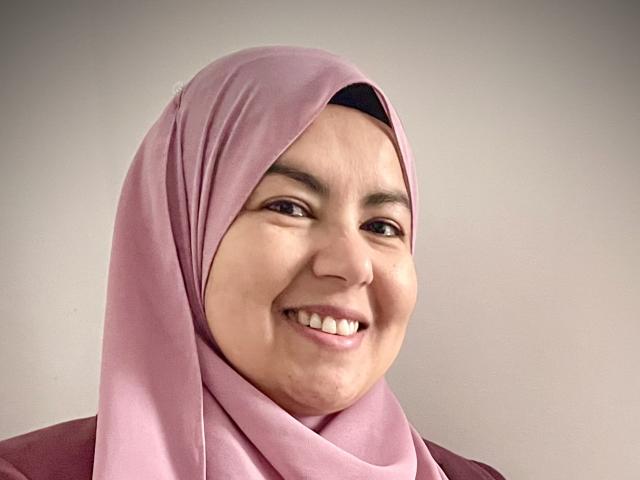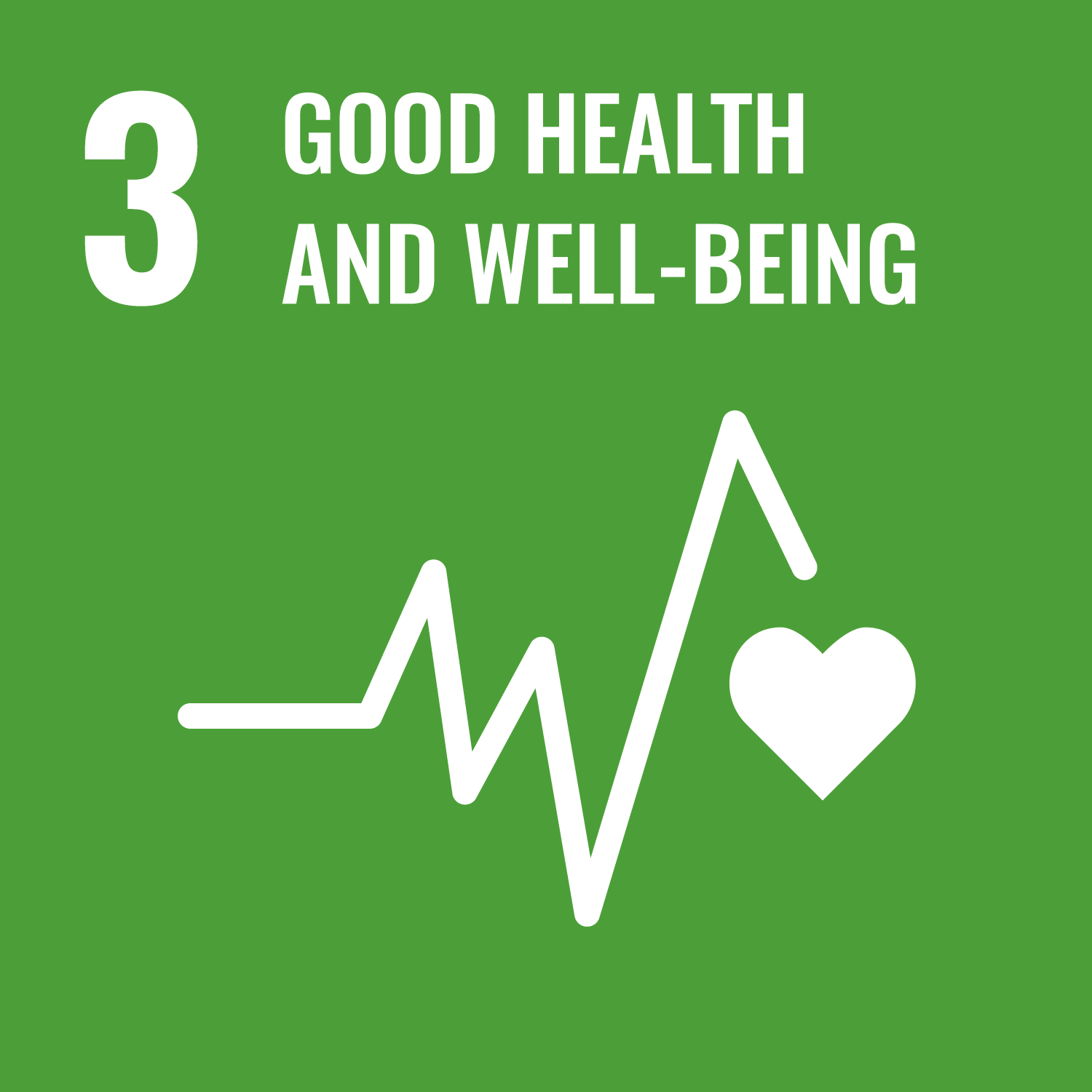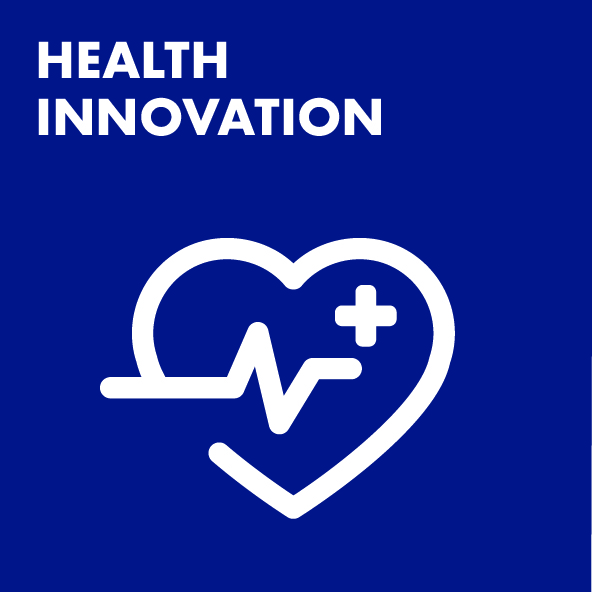The Challenge
Accidental injuries are a major public health problem which can lead to long-term disabilities or even death. There are differences in how people from ethnic minority groups living in the UK contact emergency services, such as the ambulance service or emergency departments with injury, compared to white British people. They may not have the same experience of care or recover as well as white British people.
In this study Dr Ashra Khanom and team - Professor Helen Snooks (Co-Lead), Dr Fadi Baghdadi, Dr Alison Porter, Dr Alexander Deardon, Professor Alan Watkins and Daniel Holohan - aim to identify the differences in how people from ethnic minority groups, who have an injury, contact emergency ambulance services and emergency departments and what happens to them, compared to white British people. The team are working with four hospitals and four ambulance services across England and Scotland to uncover their experiences.
Focus groups have been conducted with people seeking asylum and those with refugee status. 2000 questionnaires have been distributed and peer researcher support has been put into place within the four regions to help people complete the questionnaire. The questionnaire has also been translated into six languages and online versions are also available, accessible through QR codes.
Currently there is no research within this area in the UK, so the work is essential in order to identify where improvements need to be made to help those who need to access emergency care gain the best treatment.
The study is funded by the National Institute for Health and Care Research (NIHR) - Health and Social Care Delivery Research (HSDR).
The Impact
The study will address the evidence gap and if a difference in care is identified, it will help policy makers ensure people from ethnic minorities have good access to emergency care for injuries. Partners involved in the project include; University of Lincoln, South East Coast Ambulance Service NHS Foundation Trust, University of Sheffield, Yorkshire Ambulance Service NHS Trust, Scottish Ambulance Service and East Midlands Ambulance Service.
The study has already identified challenges faced by people seeking asylum caused by confusion around immigration status. Some patients were being charged for care when they had no means to pay, so people were avoiding accessing healthcare altogether. The study has also shown that Emergency Departments and the ambulance service do not record ethnicity, so it is difficult to undertake research addressing the health needs of ethnic minorities in the UK. One recommendation from the study will be to ensure health professionals record ethnicity in the future.









